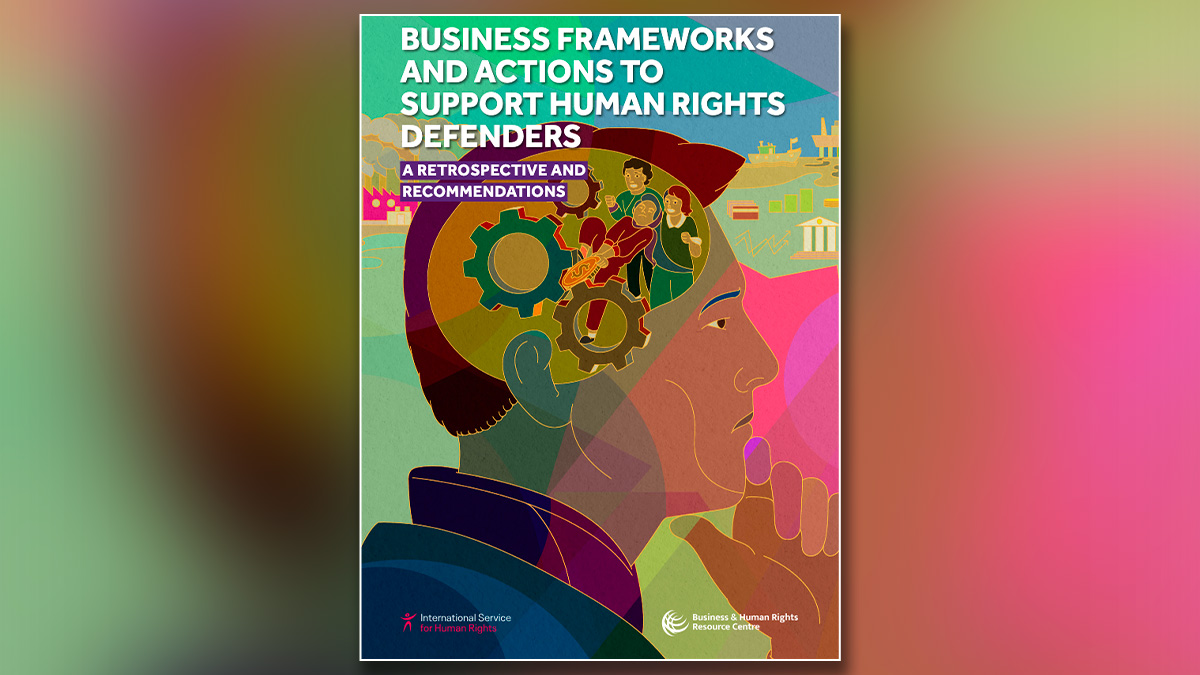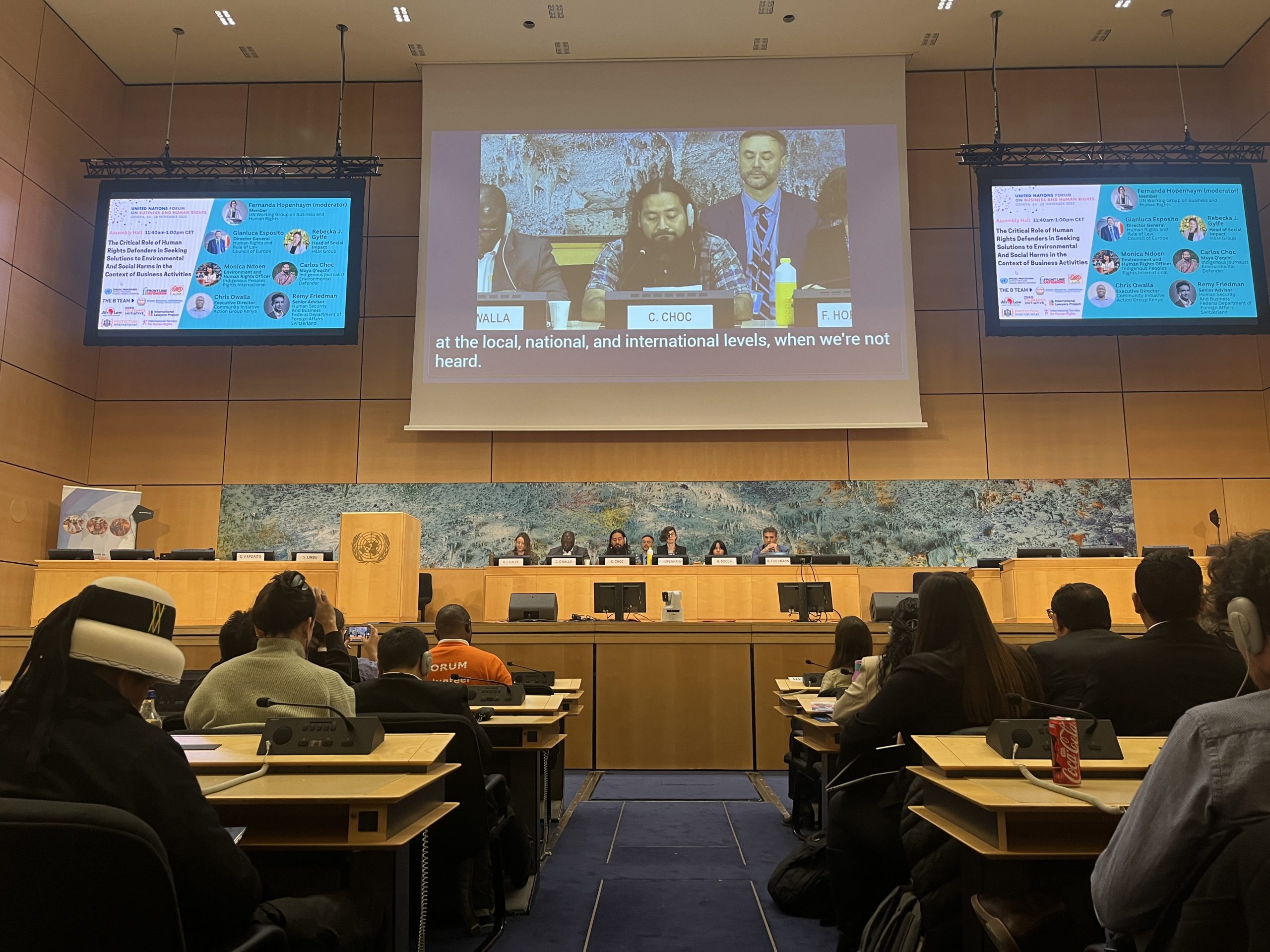The protection of human rights defenders in relation to business activities is vital. Defenders play a crucial role in safeguarding human rights and environmental standards against adverse impacts of business operations globally. Despite their essential work, they frequently face severe risks, including threats, surveillance, legal and judicial harassment, and violence.
According to the Business and Human Rights Resource Centre (BHRRC), more than 6,400 attacks on human rights defenders linked to business activities have been documented over the past decade, emphasising the urgency of addressing these challenges.
While this situation is not new, and civil society organisations have constantly pushed for accountability for and prevention of these attacks, public awareness of the issue increased with early efforts to raise the visibility of defenders at the Human Rights Council and the adoption of key thematic resolutions, as well as raising defenders’ voices at other foras like the UN Forum on Business and Human Rights.
The report ‘Business Frameworks and Actions to Support Human Rights Defenders: a Retrospective and Recommendations’ takes stock of the frameworks, tools, and advocacy developed over the last decade to protect and support human rights defenders in the context of business activities and operations. It documents the emergence of a global normative framework, shaped by civil society, UN bodies, investors, and forward-looking companies, that defines what responsible corporate conduct toward defenders entails. This includes the creation of the Business Network on Civic Freedoms and Human Rights Defenders, the Alliance for Land, Indigenous and Environmental Defenders (ALLIED) and the Zero Tolerance Initiative, as well as the 2018 ISHR and Business and Human Rights Resource Centre (BHRRC)’s foundational report Shared Space Under Pressure, the 2024 Business and Human Rights Indicators, a cross-sector benchmark to assess corporate performance on the rights of defenders, among other developments.
The report was commissioned to Bennett Freeman, a leading advisor who has worked at the intersection of governments, international institutions, multinational corporations, responsible investors, and NGOs to promote human rights and sustainable development; and Ragnhild Handagard, an experienced business and human rights consultant with a background at the United Nations, corporate and non-profit sectors.
Here is what Bennett Freeman :
The report examines how various standards have been operationalised through company policies, investor guidance, multi-stakeholder initiatives, legal reforms, and sector-specific commitments. At the same time, it highlights how despite these advancements, the actual implementation by businesses remains inadequate.
Effective corporate action remains insufficient, highlighting a critical gap that must be urgently addressed to ensure defenders can safely carry out their vital work protecting human rights and environmental justice. In order to address this, drawing on case studies, civil society tracking tools, and policy analysis, the report identifies key barriers to effective protection and proposes targeted recommendations.
Download the report.




